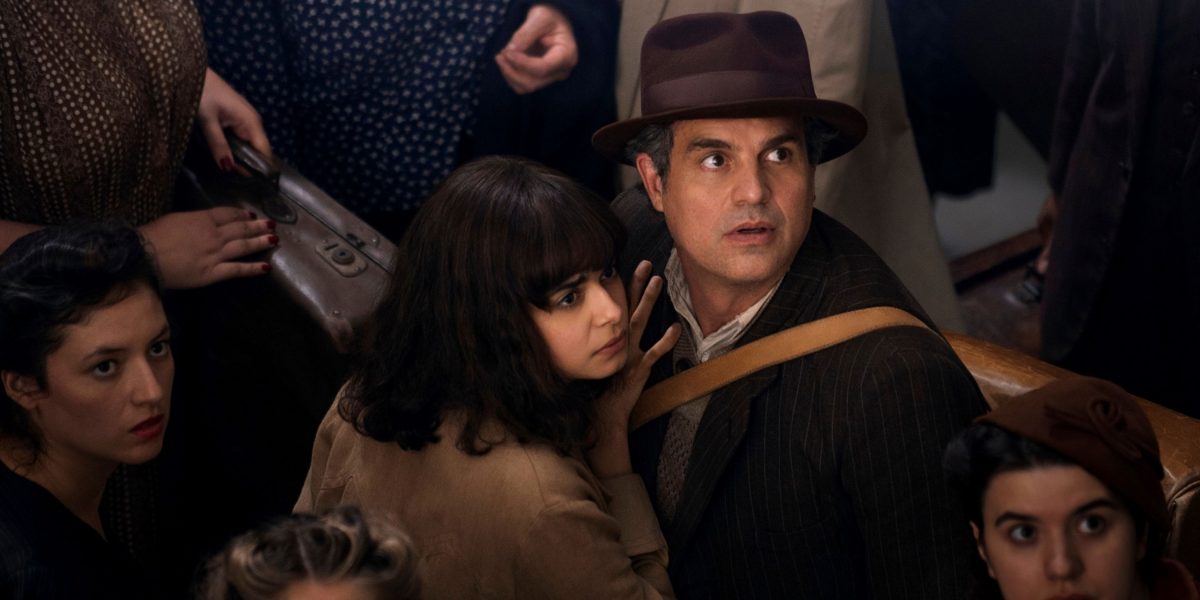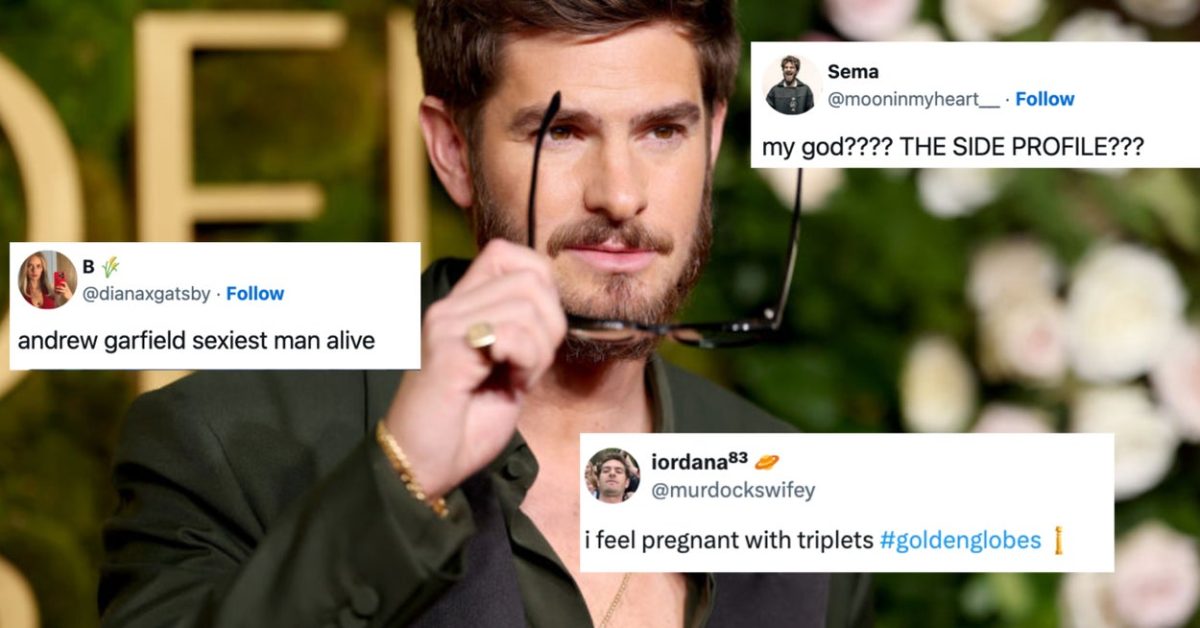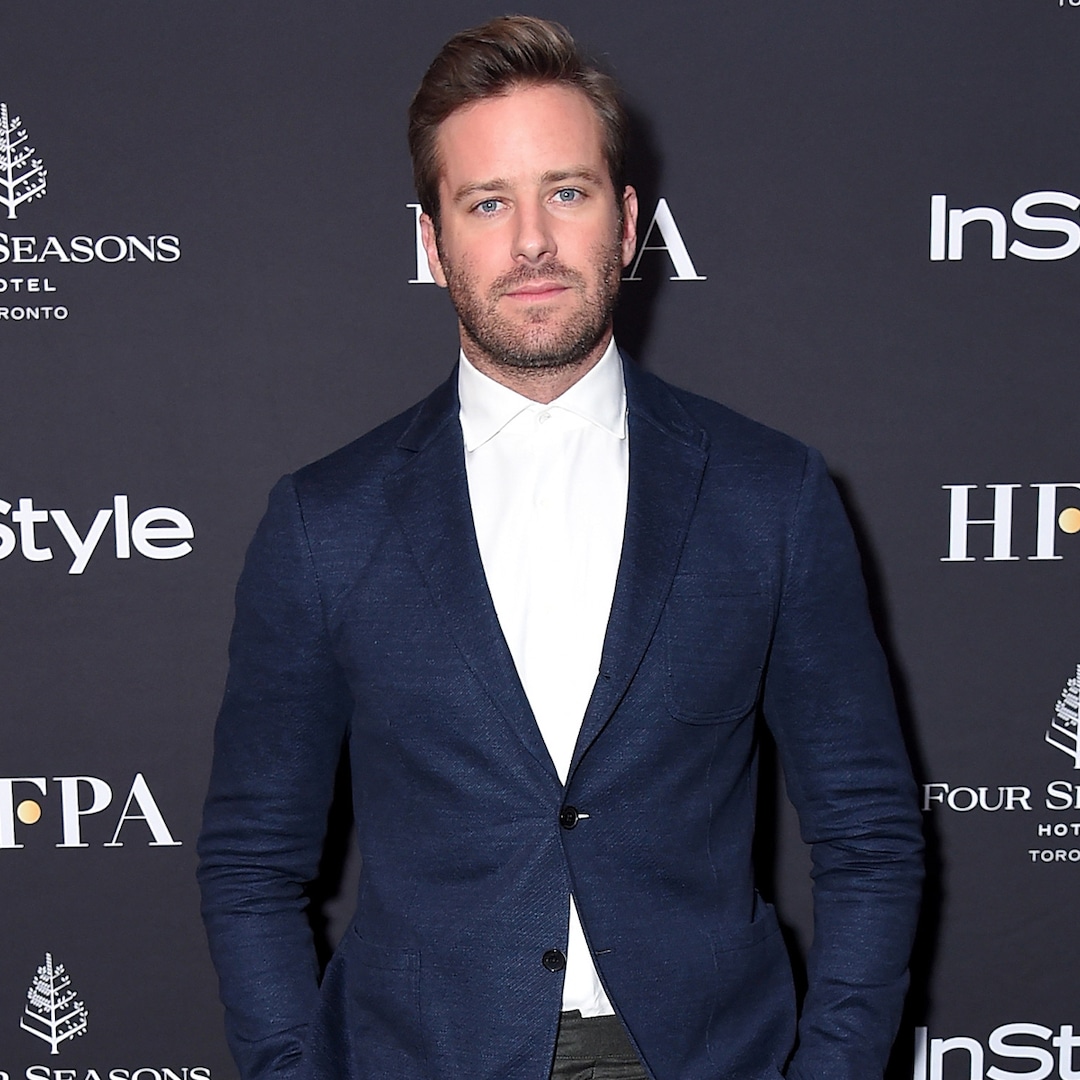
‘All the Light We Cannot See’ Creators Tell a Story of Hope During Dark Times
Nov 5, 2023
The Big Picture
Lead actress Aria Mia Loberti gave an incredible performance as Marie, despite having no prior acting experience. Being blind in real life added to the authenticity of the show. The decision to make All the Light We Cannot See four episodes was made to best tell the story, and Netflix was open to more or fewer episodes. The series focuses on the unusual love story between Marie and Werner, highlighting their journey and the message of hope that individuals can shed light in dark times.
[Editor’s note: The following contains some spoilers for All the Light We Cannot See.]From director Shawn Levy and writer Steven Knight, and based on the Pulitzer Prize-winning novel by Anthony Doerr, the Netflix limited series All the Light We Cannot See tells the story of a blind teenage French girl named Marie-Laure LeBlanc (Aria Mia Loberti), who finds herself transmitting radio broadcasts to help the Resistance on a mission to stop the Nazis. At the same time, a soldier in Hitler’s regime named Werner Pfennig (Louis Hofmann) finds human connection when he hears Marie’s voice, giving him hope in such dark times. The series also stars Mark Ruffalo, Hugh Laurie, Lars Eidinger and Nell Sutton, as the young Marie-Laure.
During this interview with Collider, Levy and Knight talked about the incredible performance given by series lead Loberti, who had no prior acting experience, the authenticity that came with both Loberti and Nell Sutton (who plays Marie as a child) being blind in real life, why four episodes was the right amount, the tailoring that needed to be done to adapt the novel for television, the unusual love story at its core, and why they felt it was important to end the series with a feeling of hope.
Collider: This is such a beautiful story, but it seems like such a tremendous undertaking. Shawn, I wanted to start by asking you specifically about the thing that I think will continue to stick with me about this, which is the incredible performance that both actresses give as Marie, particularly with the teenage Marie because we spend the most time with her. What was it like to work with that actress, throughout the production? What did you learn from her? Having never worked with someone blind and with her not having done any acting previously, what did that experience teach you?
SHAWN LEVY: It’s exactly what you just alluded to, we were both in uncharted territory. I literally was teaching Aria [Mia Loberti] how to act for the camera from scratch, and she was teaching me about the experience of living life and navigating the world without sight. Every day, we illuminated things for each other. Early on, she invited candor and wanted me to be fearlessly and ruthlessly honest in directing her, so that she could learn and become great. But what I really did not fully grasp going into this was how rare it is that any of us spend days and days on end with someone whose experience is completely different. Same world, but we’re navigating it in completely different ways. And so, whether it was in real life over a coffee at a restaurant or on set when we were staging a scene, I would observe the way Aria used her feet, her hearing, her sense of touch. She would speak up when I would suggest a piece of stage direction that felt inauthentic. And so, I absolutely learned as much from her, over the course of this experience, as she learned from me.
Image via Netflix
There’s just something so remarkably pure about watching her performance throughout the series.
LEVY: It’s because it’s the real thing, and the same thing with Nell [Sutton], who plays the eight-year-old Marie. It’s why I did it. We’ve seen blindness portrayed for decades using a certain bunch of behavioral cliches, but the real thing is very different from that, more different than I realized going in. It was really a unique experience, and the show that will now live forever is better for having been more authentic.
There’s a moment with Nell, where you see her eyes and how they’re different. I don’t know if that was intentional or if that’s just how you captured the scene, but that really stuck with me, getting to see her eyes in that way.
LEVY: The only thing we did is that we turned Nell’s blue eyes into brown to match Aria’s. But the asymmetry of her eyes and the unique movement within her eyes is all part of Nell’s magic. While I could have stabilized or tweaked any of those details, I knew that I didn’t want to touch that magic because it’s all part of what makes her, her.
Image via Netflix
Steven, how and why did this end up as four episodes? It seems like this would have been impossible to turn into a two-hour movie, but it also seems like it would have been challenging to tell as a four-hour story. Do you wish you’d had more time to tell this in, or did this just feel like the right amount?
STEVEN KNIGHT: This was a decision made by the page and by the actual process of writing. This whole business of high-end long-form TV is relatively new and the industry, in general, is learning how to use it. For me, it’s a wonderful medium because what it does is that it says to you, “How long do you need to tell this story?” It doesn’t say, “Change the story, so that it will fit into this box. Change the story, so that it will fit into that.” What it also means you don’t have to do is extend it or stretch it beyond where it needs to go. So, we decided early on that I would start writing, and then feel what length this should be. It felt like four hours was the time needed to tell this story.
LEVY: But it wasn’t a mandate. Netflix was open to six [episodes] and they were open to eight [episodes]. They basically said, “Let the story make the decision.” Somewhere while he was writing the second episode, Steve called me and said, “I don’t think it’s six. I don’t want to drag it out and tread water. Let’s make it a tight, dense four. That’s how it ended up this length.
Was there anything that you had to change or wanted to change, in adapting from book to television? Were there events or characters that you had to cut or combine or change in some way?
KNIGHT: There’s always tailoring that needs to be done to change the format. What was essential for me was to get to know the characters well enough and intimately enough that I could set them free to do things that they didn’t do in the book. If Werner has an encounter with someone and has lines that are not in the book, you need to know the character well enough to make sure that those lines and that interaction will be authentic. Once you can get that, then you have to set yourself free to do that and to tell the story in a different way. Telling the story on the screen is very different to telling the story in a book because in a book, you can get into people’s heads. The author can describe what the feeling is. It’s a very different medium. However, the things that need to stay the same are the destinies of the characters, which are two characters who come together and find each other, the nature of who the characters are, and the jeopardy and the storm of war that’s operating around them. Ultimately, the thing is out in the world and the ultimate arbiter of successful or failure, as far as I’m concerned, is the original author. Fortunately for us, Anthony [Doerr] loves it. And so, I feel that the challenge was worth taking on.
Image via Netflix
Were you very intentional with how much violence you showed? It feels like this could have been more graphic, in how you depicted the violence. Did you choose to hold back on some of that and instead focus on the horror of it all through the emotional response of the characters?
LEVY: We took the book as our cue. The truth is that it’s a fictional story set in World War II, but it is not specifically a holocaust story. It is not a carnage of war story. It’s about a backdrop of evil and darkness that informs and frankly defines the character journey. The book puts the war in the backdrop, so our show positions them accordingly. There are a few scenes where we have implied violence and implied death, but the tone of the book and therefore the show is not aiming to be a Paul Greengrass photo-natural, docu-real narrative. It’s really a lyrical story of youth and goodness surviving war. It just felt like it didn’t need graphic gore to tell that story. In fact, that would undermine it.
What was it like to put this relationship between Marie and Werner at the center? It’s so fascinating to see how that relationship develops while they’re not directly interacting with each other. Was it really tricky to get that dynamic right?
KNIGHT: That, for me, was one of the main appeals of wanting to adapt this because it is such an unusual love story. It’s two characters who don’t meet until the very, very end. What the magic of the book, and what hopefully we’ve managed to interpret in the screenplay and the execution, is that the nature of the war, the circumstance, the storm that’s going on makes these relatively unremarkable people extraordinary in the things that they have to do and the things they have to cope with. What we’re seeing is a journey where two people are coming together. The fact that Werner is a German soldier and the fact that Marie is a civilian under bombardment, the point of the book and the point of the story we’re telling is that here are these people who are allegedly on opposite sides and who are opposed to each other and are who this war is being fought about, they are coming together until they meet and peace breaks out, and peace breaks out between those two individuals. The message of hope is that when the world goes mad, when mad people start to take control, and when there are invasions and war, it is essential that individuals shed their own light. That’s the point of the story. When individuals meet each other, it’s not what you are, it’s who you are that really counts.
Image via Netflix
Did you guys know from early on what you wanted the ending to be? Whether you were going follow the book or deviate from it, did you have a sense of where you wanted to leave these characters by the end of the series?
LEVY: That’s a really good question. We didn’t talk a lot about, “Okay, here’s the plan.” We wanted, of course, to show the triumph of hope and of Marie’s strength, the same way that the book does. Without spoiling anything, we end our story without showing certain epilogue outcomes that are in the book. It’s interesting because I don’t remember us ever talking about it, but when I got Steven’s first draft and the story ended on Marie without those extra chapters, that in some cases are very, very bleak, it felt like the right place. It doesn’t deny what might happen in the future, but it allows the show to end on a note that is still filled with loss and sadness, and also filled with some hope.
KNIGHT: You choose the moment to look away from the story. You choose the moment when you will let the characters go without being observed by the story. We were very keen that, in dark days, then and now, we ended the story with light and hope.
All the Light We Cannot See is available to stream at Netflix.
Publisher: Source link
Aubrey Plaza Issues Statement After Jeff Baena’s Death
The 40-year-old star and Jeff’s family issued a statement to People on Monday, where they called their loss an “unimaginable tragedy.”The Los Angeles County coroner’s office previously determined that Jeff died by suicide in his LA home. He was 47…
Jan 10, 2025
Jill Duggar’s Husband Clarifies Where He Stands With Jim Bob Duggar
Jessa Duggar (m. Ben Seewald)Jim Bob and Michelle's fifth child, Jessa Duggar, was born Nov. 4, 1992. Jessa met Ben through church and he began courting her in 2013—the old-fashioned approach to romance coming as a brand-new notion to a lot…
Jan 10, 2025
The Internet Has Officially Lost It Over Andrew Garfield's Slutty Glasses
That man knew exactly what he was doing with those glasses.View Entire Post › Disclaimer: This story is auto-aggregated by a computer program and has not been created or edited by filmibee.Publisher: Source link
Jan 9, 2025
Armie Hammer Lands First Movie Role Since Cannibalism Allegations
Armie Hammer Cameos As “Kannibal Ken” in Music Video 4 Years After Cannibalism ClaimsArmie Hammer is heading back to the big screen. More than one year after the Los Angeles Police Department ended their lengthy investigation into the Call Me…
Jan 9, 2025











